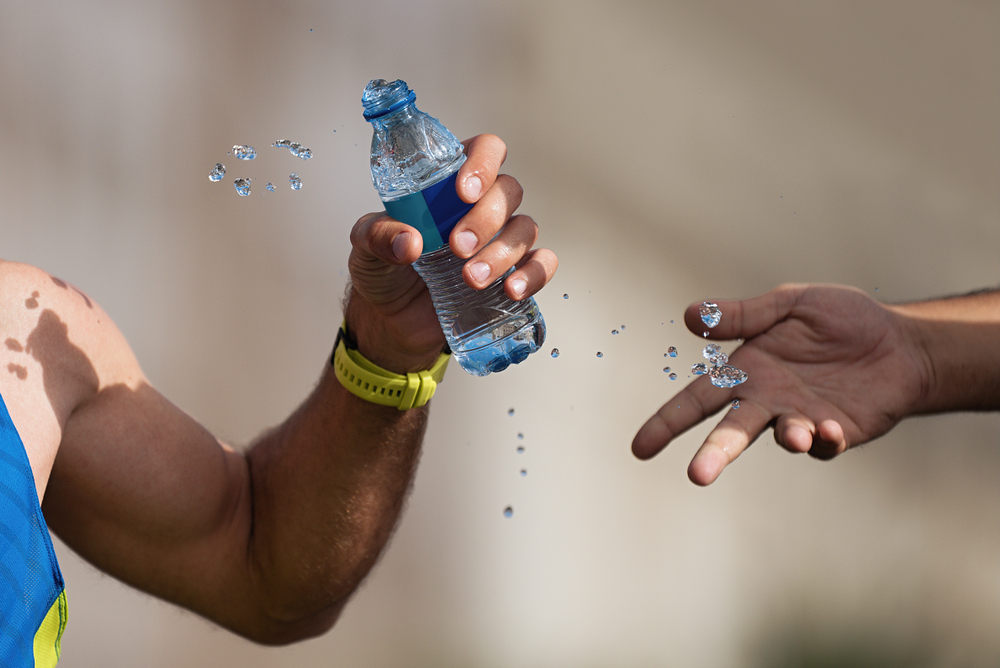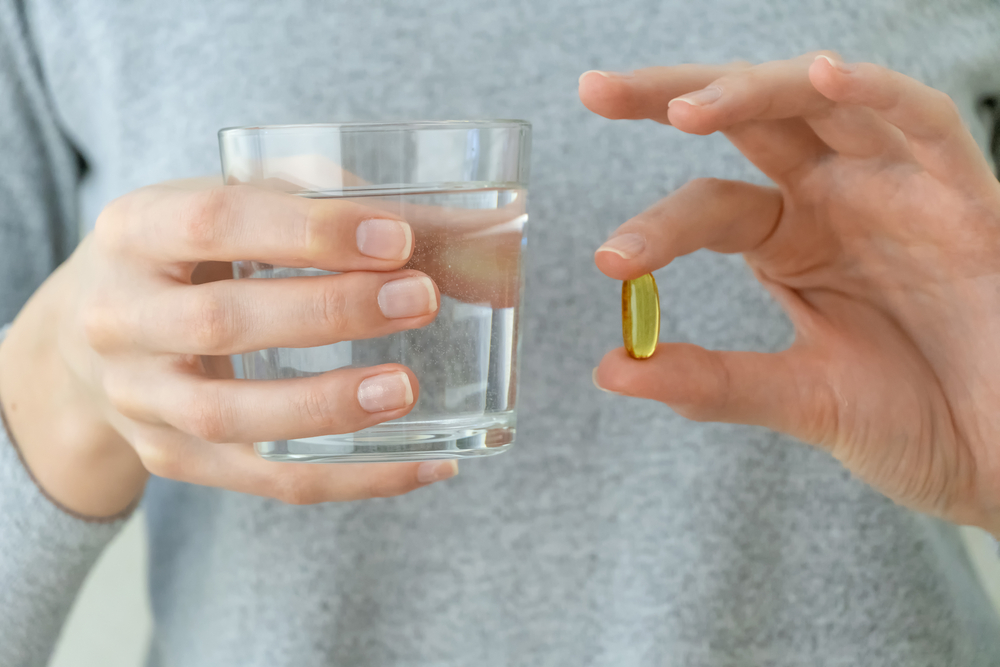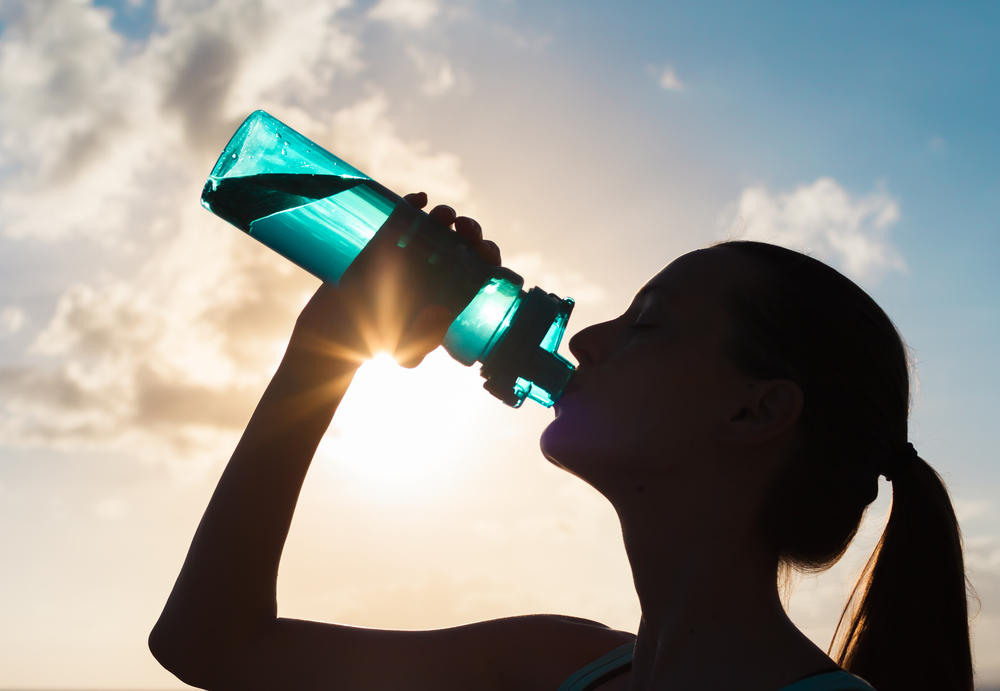A sports performance is dependent on several factors: technique,
tactics, experience, mental approach, nutritional preparation, training.
. .
Or a loss of 2% of the athlete's weight (essentially due to a loss
of water) during an effort lowers the physical capacities of an athlete
by 20%! This parameter,hydration is therefore vital. . .
WHY DRINK DURING EXERCISE?
Water allows us to maintain an ideal body temperature (evaporation and sweating). . . but it is also essential for muscular work (functioning of enzymes and contribution of mineral salts (sodium, potassium. . . )
From the water we lose during sporting activity (perspiration), a very large quantity of micronutrients essential to the balance of osmolarity escape.
We need to replace these lost micronutrients in a very short time to maintain the effort in good conditions and ensure an optimal post-exercise recovery.
NB: This is why the drink must contain sodium / potassium / magnesium in particular and why an energy drink is necessary.
Knowing how to hydrate is also to limit the risks of injuries (tendonitis, elongations. . . ) and ENT problems following intense efforts.
WHAT TO DRINK?
It is therefore necessary to drink a drink that respects the electrolyte balance and provides essential nutrients A well composed drink will have the advantage of not creating an imbalance between the stomach (or intestine) and the blood capillaries. . .
If you don't respect these principles, you will suffer from intestinal disorders and even vomiting or diarrhoea. . .
It is advisable to choose drinks that respect this phenomenon of osmosis, especially in the event of very hot weather and therefore very strong perspiration.
WHAT ABOUT STILL WATER?
Plain water creates an imbalance with the blood, which becomes more and more concentrated as the effort progresses. Moreover, plain water alone leaves the stomach more slowly than water enriched with carbohydrates. The longer you wait in your stomach (gastric emptying), the less quickly your organs and blood plasma are "fed". . .
HOW TO DRINK?
It is important to drink from the first quarter of an hour of effort. Don't forget that thirst is felt when dehydration is already well underway!
Drinks should be taken frequently. It is recommended to drink small amounts often, rather than a large amount every now and then. The body is not capable of absorbing more than about 800ml in a temperate environment.
A repeated sip every 7 minutes is a fairly reliable indication. Fragmentation of fluid intake reduces digestive difficulties and increases fluid absorption.




